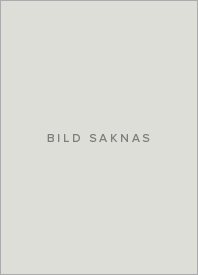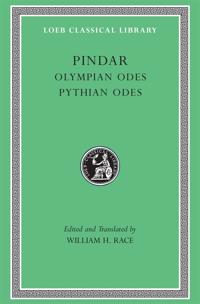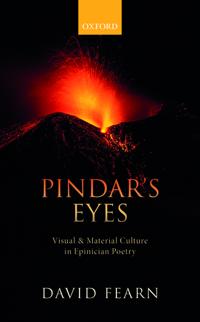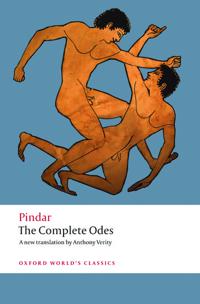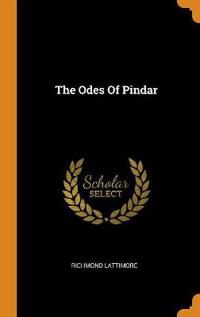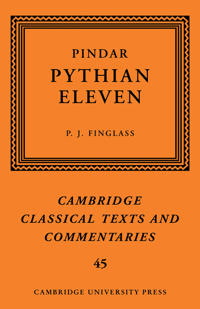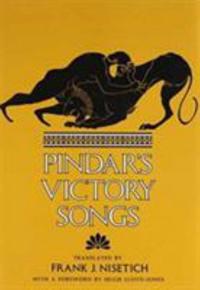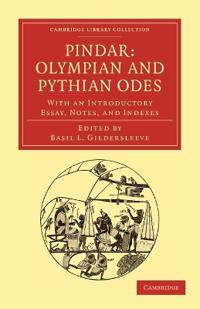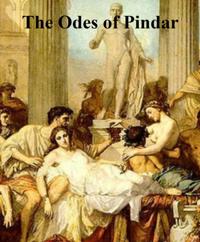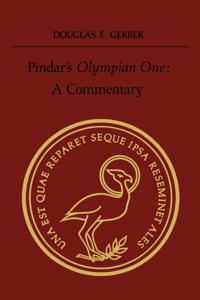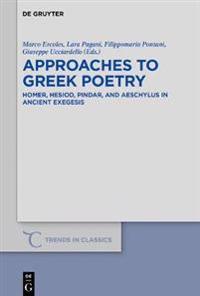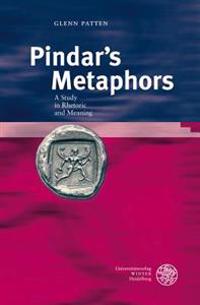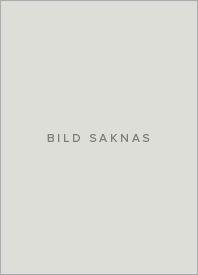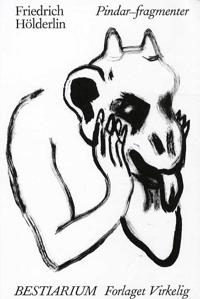Pindar's Paeans: A Reading of the Fragments with a Survey of the Genre (Inbunden)
avPindar, Ian Rutherford
ISBN: 9780198143819 - UTGIVEN: 2001-02-08Pindar (Inbunden)
avPindar
ISBN: 9780674995345 - UTGIVEN: 1997-01Of the Greek lyric poets, Pindar (c.519-438 BC) was "by far the greatest for the magnificence of his inspiration" in Quintilian's view; Horace judged him "sure to win Apollo's laurels". The esteem of the ancients may help explain why a good portion of his work was carefully preserved. Most of the Gr[...]
Pindar (Inbunden)
avPindar
ISBN: 9780674995642 - UTGIVEN: 199701Of the Greek lyric poets, Pindar (c.519-438 BC) was "by far the greatest for the magnificence of his inspiration" in Quintilian's view; Horace judged him "sure to win Apollo's laurels". The esteem of the ancients may help explain why a good portion of his work was carefully preserved. Most of the Gr[...]
Pindar's Eyes
ISBN: 9780198746379 - UTGIVEN: 2017-09Pindar's Eyes is a ground-breaking interdisciplinary exploration of the interactions between Greek lyric poetry and visual and material culture in the early fifth century BCE. It draws on case studies of classical art and texts to open up analysis of lyric to the wider theme of aesthetic experience [...]
Thucydides and Pindar: Historical Narrative and the World of Epinikian Poetry (Inbunden)
avSimon Hornblower
ISBN: 9780199249190 - UTGIVEN: 2004-10-07The Complete "Odes" (Häftad)
avPindar
ISBN: 9780199553907 - UTGIVEN: 200807'we can speak of no greater contest than Olympia' The Greek poet Pindar (c. 518-428 BC) composed victory odes for winners in the ancient Games, including the Olympics. He celebrated the victories of athletes competing in foot races, horse races, boxing, wrestling, all-in fighting and the pentathlon,[...]
Pindar
ISBN: 9780300033939 - UTGIVEN: 1985-04Study of classical Greek poet and the ode form in Western tradition. Assumes no knowledge of specialist literature and includes translations.[...]
Pindar: 'Pythian Eleven' (Häftad)
ISBN: 9780521289900 - UTGIVEN: 201106Pindar's Pythian Eleven is a miniature masterpiece: a poem praising a young athlete which presents a vivid and important account of the Agamemnon legend. Yet it contains so many difficulties (of text, metre, dating and interpretation) that even Wilamowitz regarded it as one of Pindar's most obscure [...]
Pindar: Olympian and Pythian Odes (Häftad)
ISBN: 9781108012034 - UTGIVEN: 201006Basil L. Gildersleeve (1831-1924) was an American classicist who spent much of his career at Johns Hopkins University. This is his influential 1895 edition of Pindar's Olympian and Pythian Odes, a body of work notable for its insights into lyric poetry and modes of self-understanding. Gildersleeve's[...]
Pindari Opera Quae Supersunt (Pocket)
avPindar
ISBN: 9781108063586 - UTGIVEN: 2013-10-31This first volume of a classic edition of Pindar's works, edited by August Bockh (1785-1867), was published in 1811.[...]
Pindari Opera Quae Supersunt (Pocket)
avPindar
ISBN: 9781108063593 - UTGIVEN: 2013-10-31This first part of the second volume of Pindar's works, edited by August Bockh (1785-1867), was published in 1819.[...]
Odes of Pindar
ISBN: 9781455436507 - UTGIVEN: 2018-03This translation first published in 1874.According to Wikipedia: "e;Pindar (c. 522-443 BC), was an Ancient Greek lyric poet from Thebes. Of the canonical nine lyric poets of ancient Greece, his work is the best preserved. Quintilian wrote, "e;Of the nine lyric poets, Pindar is by far the gre[...]
Approaches to Greek Poetry: Homer, Hesiod, Pindar, and Aeschylus in Ancient Exegesis
ISBN: 9783110629606 - UTGIVEN: 2019-01In the last decades the field of research on ancient Greek scholarship has been the object of a remarkable surge of interest, with the publication of handbooks, reference works, and new editions of texts. This partly unexpected revival is very promising and it continues to enhance and modify both ou[...]
Pindar's Metaphors: A Study in Rhetoric and Meaning
ISBN: 9783825355906 - UTGIVEN: 2009-01Pindar's victory odes have suffered from a curious lack of interest on the part of poststructuralism. Even a first, relatively superficial reading of the surviving corpus, however, reveals an intense interest in and exploitation of rhetorical figures and tropes, and an element of autoreferential sel[...]
Archaischer Gesang: Pindar ? Hölderlin ? Rilke (Inbunden)
avWolfgang Janke
ISBN: 9783826031809 - UTGIVEN: 2005-12


